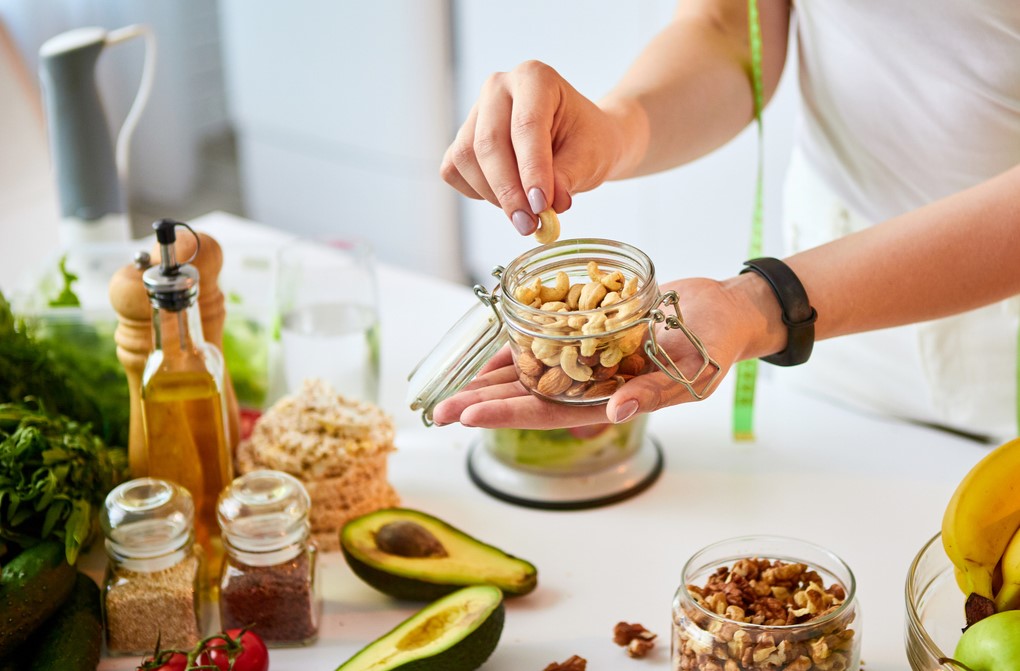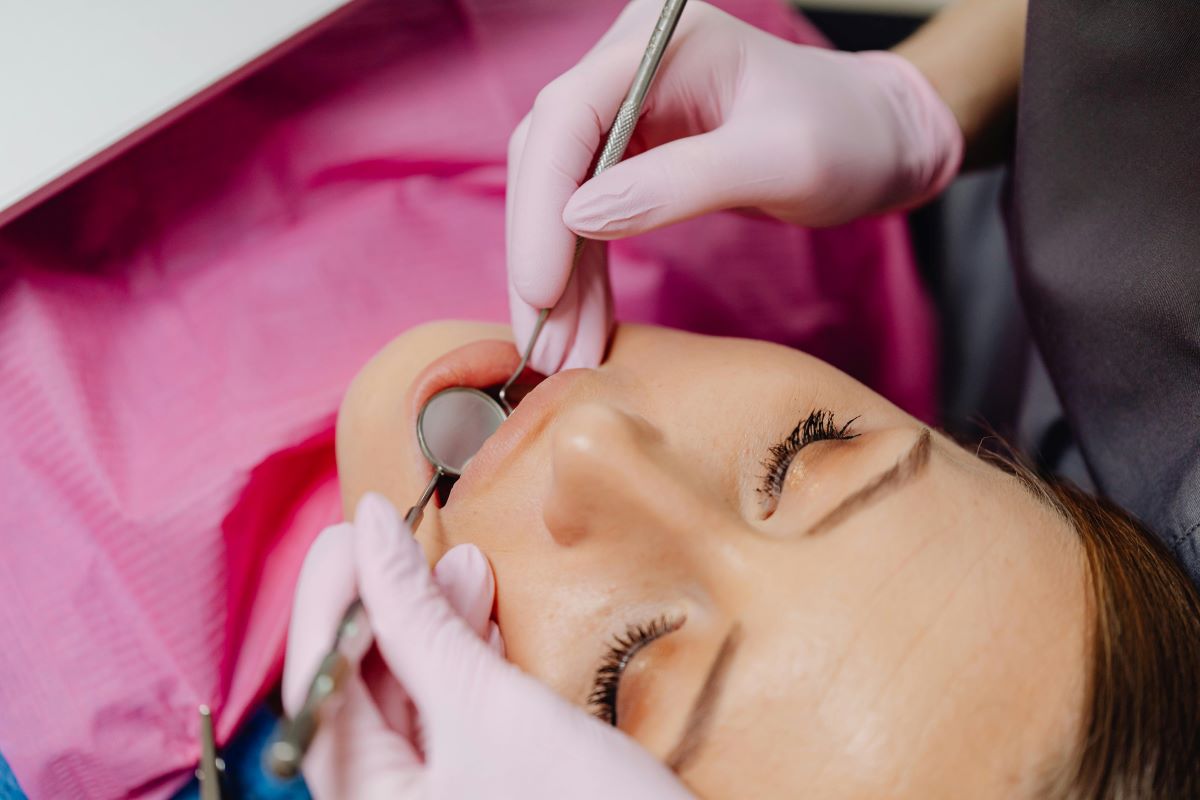A healthy diet plays a key role in maintaining strong teeth and gums, with some foods being much better for your oral health than others.
While brushing, flossing, and regular dental check-ups are essential, the food you eat can either support your oral health or contribute to problems like cavities and gum disease.
Some foods help strengthen enamel, fight bacteria, and promote gum health, while others can wear down your teeth over time.
Here are some of the best foods for keeping your teeth and gums in top condition.
1) Dairy products
Milk, cheese, and yoghurt are excellent sources of calcium and phosphorus, which help strengthen tooth enamel and keep your teeth resilient against decay.
Cheese, in particular, also stimulates saliva production, which helps wash away food particles and neutralise acids that can erode enamel.
Yoghurt contains probiotics that may help combat harmful bacteria in the mouth, reducing the risk of gum disease.
Opt for unsweetened varieties to avoid added sugars that could contribute to cavities.
2) Crunchy fruits & vegetables
Fruits and vegetables with a crunchy texture, such as apples, carrots, celery, and cucumbers, act as natural toothbrushes, gently scrubbing the surface of your teeth while you chew.
These foods also increase saliva flow, which helps rinse away food debris and bacteria.
Leafy greens like spinach and kale are rich in vitamins and minerals, including calcium, which helps strengthen enamel, and vitamin C, which supports gum health by reducing inflammation.
3) Fatty fish
Oily fish such as salmon, mackerel, and sardines are packed with omega-3 fatty acids, which have anti-inflammatory properties that can help protect against gum disease.
They are also excellent sources of vitamin D, which aids in calcium absorption, helping to keep your teeth and bones strong.
A diet rich in omega-3s has been linked to a lower risk of periodontitis, a severe form of gum disease.
4) Nuts and seeds
Nuts and seeds, such as almonds, walnuts, and sesame seeds, provide a concentrated source of calcium, phosphorus, and other minerals that help protect and repair enamel.
Their crunchy texture also encourages saliva production, which can help cleanse the mouth.
Unsalted and sugar-free varieties are best for oral health benefits.

5) Lean proteins
Lean meats, poultry, eggs, and tofu are excellent sources of protein and phosphorus, both of which are essential for maintaining strong teeth and supporting the natural remineralisation process.
Protein is also necessary for tissue repair, including gum health, making these foods a valuable addition to your diet.
6) Water
Water is one of the most important things you can consume for your oral health. It helps rinse away food particles and bacteria, keeping your mouth clean between brushing.
Staying hydrated is essential for saliva production, which plays a key role in preventing tooth decay and gum disease.
What foods are not good for teeth and gums?
While some foods benefit your teeth and gums, others can have the opposite effect. Try to limit:
Sugary foods and drinks
Sweets, fizzy drinks, and fruit juices can feed harmful bacteria that produce acids and contribute to cavities.
Sticky foods
Foods such as dried fruit and chewy snacks can cling to teeth, increasing the risk of decay.
Highly acidic foods and drinks
Citrus fruits, sports drinks, and vinegar-based foods can weaken enamel over time.
A balanced diet for a healthy smile
Incorporating tooth-friendly foods into your diet is an easy and effective way to support your oral health.
Eating a variety of nutrient-rich foods, drinking plenty of water, and maintaining good oral hygiene habits can all contribute to strong teeth and healthy gums.
By making smart dietary choices, you can help protect your teeth for years to come!




